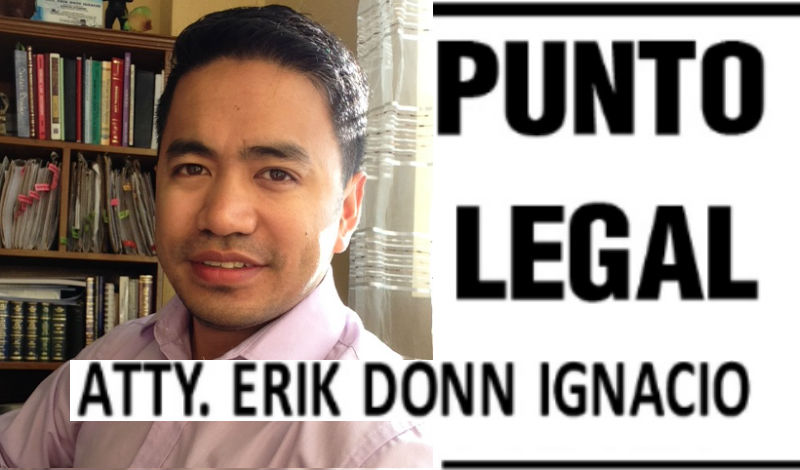One of the remedies provided by the Rules of Court is Interpleader. This is the solution in instances where there are two or more persons who appear or claim to be entitled to the same thing. This is availed of by the debtor or the person who is supposed to deliver the thing. The remedy is for the protection of the debtor against double payment and avoid the payment to a person who is not the real creditor. When two or more persons claim to be the owners of a leased property, the lessee in order to protect himself from double payment and penalty for delayed payment may avail of the remedy of interpleader.
Parisha vs. Don Luis
Don Luis is a corporation with a realty business where it leased several rooms in favor of Parisha. They executed a lease contract where it says that the lessee is to pay the cost to electric consumption, water, and telephone bills. At some point Parisha was not able to pay the monthly rental until it amounted to almost a million pesos. Don Luis then filed a case for ejectment since Parisha refused to pay the accumulated rental. In defense, Parisha claimed that payments were not made because of an internal squabble in the company as to who is entitled to receive the payments and that Parisha was also prevented from using the leased premises. The Metropolitan Trial Court (MeTC) dismissed the case for ejectment because the representative of Don Luis was not authorized to institute the case. On appeal, the RTC reversed the MeTC decision and ordered Parisha to pay the accumulated rental. The Court of Appeals affirmed the RTC decision with modifications. The case reached the Supreme Court.
Parisha is Liable
The High Court affirmed the decision of the lower court. A lessee who does not pay the stipulated monthly rental may be ejected from the premises and required to pay the unpaid rental. Parisha’s defense that Don Luis prevented the former to fully use the leased property was not established. “What was, instead, clearly established by the evidence was petitioners non-payment of rentals because ostensibly they did not know to whom payment should be made. However, this did not justify their failure to pay, because if such were the case, they were not without any remedy. They should have availed of the provisions of the Civil Code of the Philippines on the consignation of payment and of the Rules of Court on interpleader.” (G.R. No. 136409, 14 March 2008) Given the fact that Parisha did not know whom to tender the payments, a written tender of payment was not sufficient. The Rules of Court provides: Whenever conflicting claims upon the same subject matter are or may be made against a person who claims no interest whatever in the subject matter, or an interest which in whole or in part is not disputed by the claimants, he may bring an action against the conflicting claimants to compel them to interplead and litigate their several claims among themselves. (Rule 62 Section 1). The Court explained that “an action for interpleader is proper when the lessee does not know to whom payment of rentals should be made due to conflicting claims on the property (or on the right to collect). The remedy is afforded not to protect a person against double liability but to protect him against double vexation in respect of one liability.” Parisha did not avail of these remedies as stated by the Rules and instead chose to simply stop paying rental. The simple allegation that Parisha did not know whom to deliver the payments was not enough. Parisha should be ejected from the leased premises.













